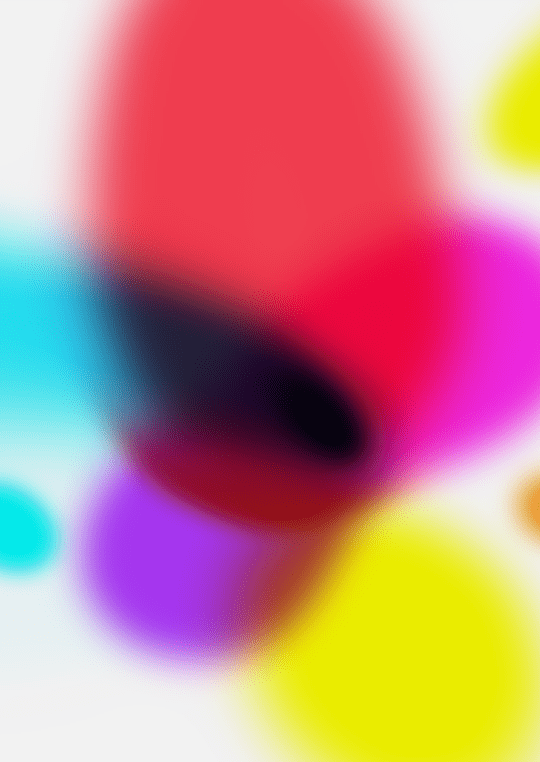Olga Ryabukhina

Diploma topic
Project adviser
It seemed to me that here I could reconstruct my worldview, and I was not mistaken. It's not that they explain why cans of soup can be art, but they teach you to differentiate Soderbergh from Cronenberg or interpret Heidegger. Here, I received the basic minimum—books, films, contacts—necessary to understand the mechanisms of culture. This turned out to be sufficient to move on independently and determine what I want to study. The master's program in Art Criticism became a place of self-identification for me. After five years of studying at the Faculty of Journalism, I still had little idea of what I would like to do. By that time, I was already a journalist, and I didn't want to become an outstanding journalist, but, honestly, I didn't dream of becoming an art critic either.
Why did I enter the Art Criticism Program? It was partly an accident, and partly an intuitive decision. Learning is designed in such a way that a student's independent movement is encouraged: I myself "directed" my learning process and at the same time I could approach any teacher for help. Perhaps because of the high level of freedom, I remember the Faculty as a place of abundance, where you can satisfy your intellectual hunger or, at least, stimulate your intellectual appetite. I don't consider the master's program in Art Criticism a springboard into the profession of a critic, curator, or art historian— it's, rather, a place to develop your worldview.
After graduation, I worked for two years as an editor on the portal "Art 1;" then I wrote for "Seance" and "Colta;" I participated in translating the book "Art Since 1900;" organized charity auctions of modern Petersburg artists and photographers together with Pavel Ulyanov; became an editor of the newspaper "Aperto," for which I translated texts by foreign critics of the 20th century (Hal Foster, Rosalind Krauss, etc.). I'm thinking of applying to post-graduate studies at the Russian Institute of Art History in order to continue the work I began as a master's student in my dissertation devoted to modular mobile architecture made from plastic.

